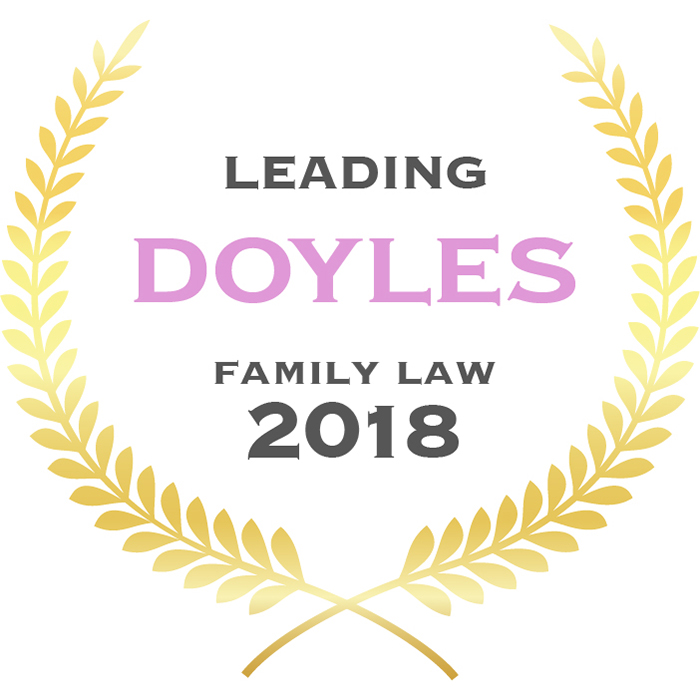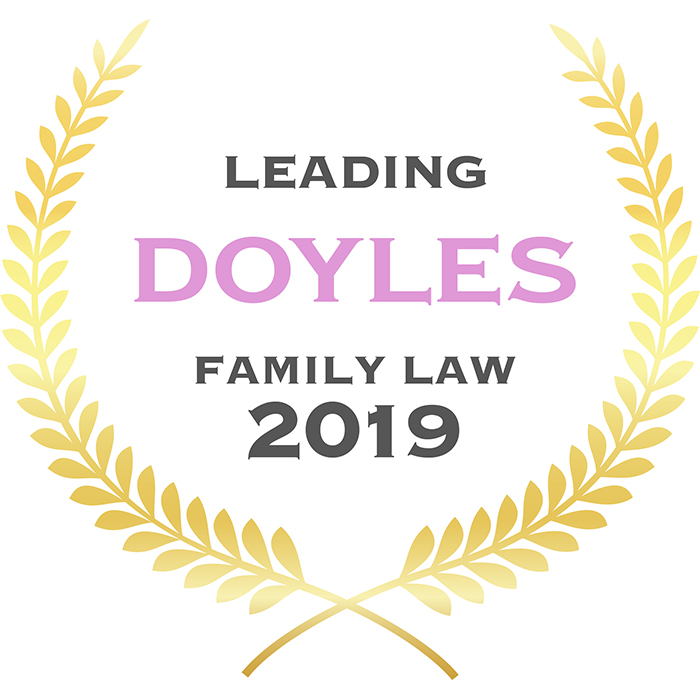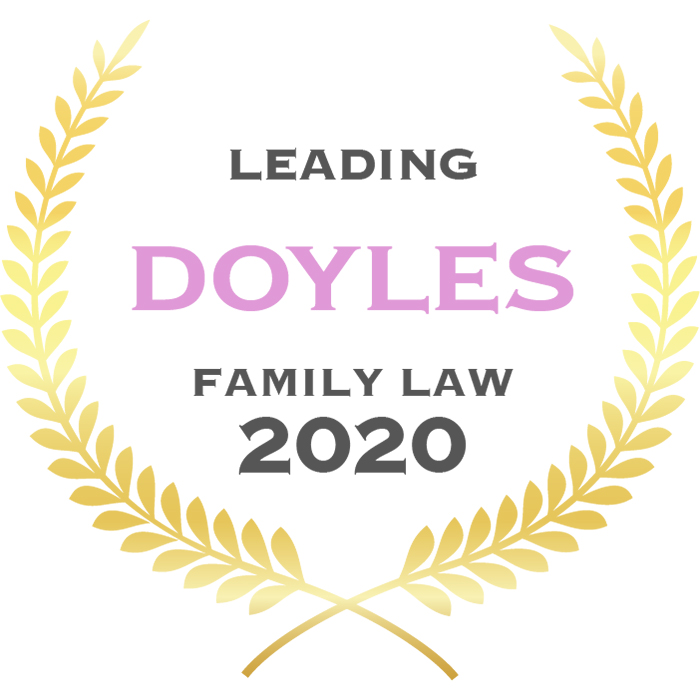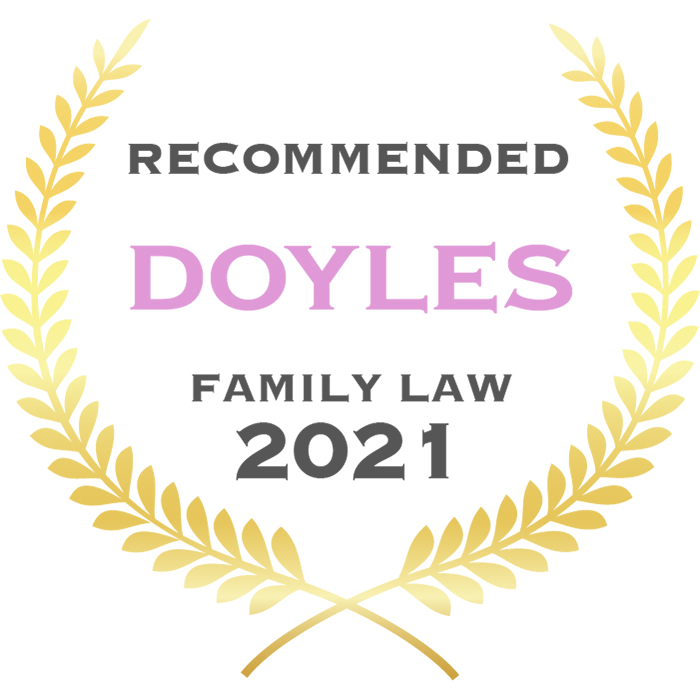The abuse of a child is a serious issue. If you have immediate concerns for a child’s safety, you should contact the Queensland Police Service by dialing “000” or the Department of Child Safety on 1800 177 135.
The Department of Communities, Child Safety and Disability Service (“Child Safety”) are responsible for protecting the welfare and best interests of children in Queensland.
The legal framework from which we take guidance in relation to Child Safety is the Child Protection Act. The Act requires that a child’s parent(s) be responsible for the care and welfare of a child and prevent them from being at risk of, or exposed to, harm.
This means that ordinarily parents are left to bring their children up according to their own values and are responsible for all major long term decisions that need to be made in respect of each child.
If a child has been harmed, or is at risk of suffering harm, and does not have a parent willing or able to protect them, the Child Safety may determine that the child is in need of protection and intervene.
We recommend you seek immediate legal advice, upon Child Safety becoming involved with your family. The law surrounding child protection matters is particularly complex and dealing with Child Safety can be difficult at times.
Our Family Lawyers at Marino Law have expertise in successfully litigating child protection matters and dealing with Child Safety on your behalf.
Child Safety
Pursuant to section 9 of the Act, harm is considered any detrimental effect of a significant nature (i.e. substantial or serious) on the child’s physical, psychological or emotional wellbeing.
A child is determined to be exposed to, or at risk of, harm if amongst other things the child is subjected to any of the following four (4) acts of child abuse:
- neglect – deliberately not meeting the basic requirements of life, affecting a child’s health and development;
- physical abuse – deliberately causing physical trauma and/or injury to a child;
- emotional abuse – deliberately causing a child’s social, emotional, cognitive or intellectual development to be impaired or threatened through emotional deprivation; and/or
- sexual abuse – deliberately involving a child in sexual activity.
If Child Safety determines that a child has been harmed or is at risk of harm and requires protection, they will intervene and attempt to work with the family to ensure the child’s safety.
We recommend you seek immediate legal advice, upon Child Safety becoming involved with your family. The law surrounding child protection matters is particularly complex and dealing with Child Safety can be difficult at times.
Child Protection Order
If Child Safety are unable to determine whether a child is in need of protection, they will apply to the Children’s Court for a court assessment order to allow Child Safety to assess whether the child has been harmed, or is at risk of harm and ensure the child’s safety whilst such investigation is undertaken. A court assessment order can last up to four (4) weeks.
If ongoing intervention is determined to be required and the parents dispute Child Safety’s involvement, or if Child Safety consider the parent(s) unwilling to cooperate, Child Safety may apply to the Children’s Court for a child protection order.
Child Safety can seek a number of different types of child protection orders from the Children’s Court, including:
- a supervision order – the children will remain in the care of their parent(s), but Child Safety will supervise the child’s care and direct the parent(s) to undertake certain actions. A supervision order can last for any period of time up to two (2) years;
- a short term residence order – the children will be removed from the care of the parent(s) and custody/guardianship of the children will be given to Child Safety. Thereafter, the children will be placed with another approved family member that is willing and able to provide care to the children, or with an approved foster carer. A short term residence order can last for any period of time up to two (2) years; and/or
- a long term residence order – the children will be removed from the care of the parent(s) and custody/guardianship of the children will be given to Child Safety. Thereafter, the children will be placed with another approved family member that is willing and able to provide care to the children, or with an approved foster carer. Long term residence orders can last until the child turns 18 years of age.
We recommend you seek immediate legal advice, upon Child Safety becoming involved with your family. The law surrounding child protection matters is particularly complex and dealing with Child Safety can be difficult at times.
The team at Marino Law have expertise in successfully litigating child protection matters and dealing with Child Safety on your behalf.
Children’s Court
In order to seek a child protection order, Child Safety is required to file an application in the Children’s Court. The parent(s) of the child subject of the application will be served with a copy of the application shortly thereafter. The application will state a date and time that the matter is first listed to be heard by the Court.
If the parent(s) object to the order being made, they must attend Court personally, or appoint a legal representative to appear on their behalf. Failure to attend Court could result in a child protection order being made in the parent(s) absence.
On the first occasion the Court will adjourn the application to a family group meeting, court ordered conference or social assessment report to be completed.
Additionally, the Court may appoint separate legal representation for the child/ren and order temporary custody to Child safety, pending resolution of the matter.
Ordinarily, a matter could take between four (4) to six (6) months from the first court date to finalise.
Before making a child protection order, the Court must consider:
- whether the child is in need of protection; and
- whether an order is required to ensure the child’s safety.
At the final hearing of the application, the Court may determine either:
- that the child is in need of protection, granting the child protection order; or
- that the child is in need of protection, dismissing Child Safety’s application.
The legal principles from which the Court take guidance when making child protection orders are found within relevant case law surrounding orders made under the Child Protection Act 1999.
We recommend you seek immediate legal advice, upon Child Safety becoming involved with your family. The law surrounding child protection matters is particularly complex and dealing with Child Safety can be difficult at times.
The team at Marino Law have expertise in successfully litigating child protection matters and dealing with Child Safety on your behalf.
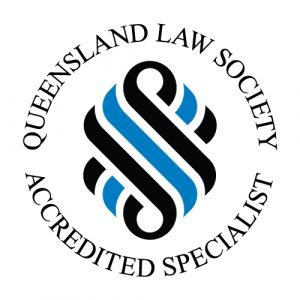
Marius Eden, Special Counsel is an Accredited Specialist in Family Law. Specialist Accreditation acknowledges an additional course of study and the achievement of a high level of practical skill and knowledge in the area of expertise.
